Huizhong's Story
Huizhong Zhou
PhD Research
University of Freiburg
Area of Research: 3D Reconstruction, Deep Learning and SLAM
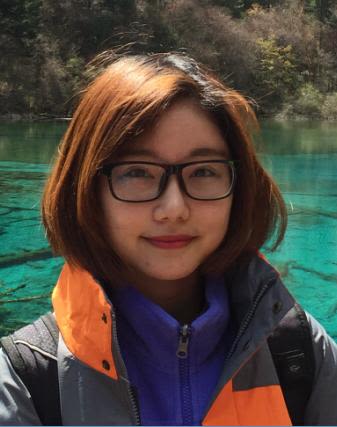
I grew up in a small city in China. Technology wasn’t very prevalent. When I was very little, the internet was still dial up but somehow I found that very exciting. I think I was drawn to idea of a network space in some way.
My mother is an architect. It’s not computer science, but it’s mathematical. She always encouraged me to go into a discipline that used technology and could give me a technology rich skill set. She would tell me that if I knew a particular discipline - whatever it was - then I could apply it to all sorts of problems and make a real, tangible difference in the world.
I did an undergraduate degree in Electrical Engineering. I started a Masters at the University of Shanghai in the same, but over the course of my Masters, I started working on computer vision and SLAM. I realised then I wanted to focus on computer vision. You see the world through your eyes. Computer vision is how computers see the world. People always say 'the eyes are the windows of the soul'. For me it was a way of mirroring that for machines.
It wasn’t the easiest switch to make. During my Masters I spent two years in Berlin. I had started learning English when I was very young at school, but, when I went to Berlin, the lectures were delivered in German so I had to learn German too.
I started learning German part time about six months before I got to Berlin but when I got there, I found speaking was super difficult. I found that if I kept practicing and kept talking it got easier, but of course for many months it was hard. In the beginning when we got the slides, I would sometimes translate them from German to English and then from English to Chinese. Over time I found I had a good grasp of the language and by the end of my study in Berlin, I would present deep learning and SLAM presentations in German. After completing my Masters, I went back to Shanghai to write up my dissertation.
I wanted to gain more expertise in computer vision and SLAM before thinking about working in industry. The PhD position at Freiburg was perfect for that and through it I gained the opportunity to work with deep learning architectures.

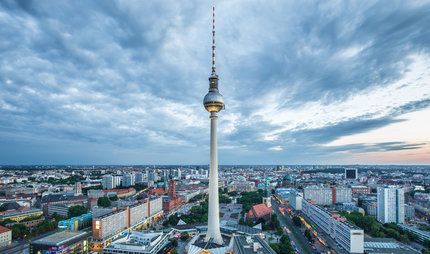
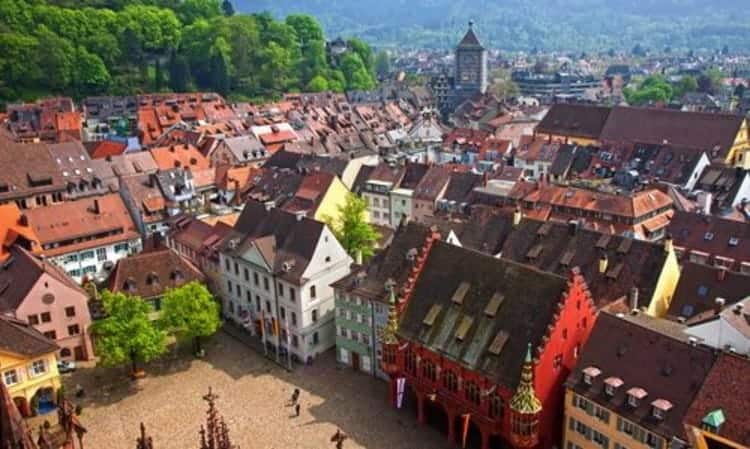

I’ve worked in this field in Shanghai, Berlin and Freiburg now and girls have always been in very low numbers in all three places. I’m not sure why that is. For me, seeing my mother work with maths, technology and design in her architecture practice imbued me with an innate sense of place and value for STEM subjects. Maybe if more girls were exposed to role models already in disciplines using technology, they might grow up with an innate sense of STEM subjects being potential future learning or career pathways.
It never put me off. I think that’s because I’m quite self motivated. I had this idea of technologies that could transform the world and I wanted to explore that.
People think computer science is about coding, but I think coding is not the most important part because code is just a language. The important thing is that you have an idea.
This is a uniquely creative field. All the classic industries are converged. You don’t expect a table to be a 'better table' that can make you happier on its own. But with computers, and with the internet, there is potential to augment existing things, or to make entirely new things that either make your life more convenient, or help you enjoy life more. Things that make you happier! For me, those are ideas worth exploring. So coding sits behind that. You arrange the language - the algorithm behind the coding - to develop and realise the idea.
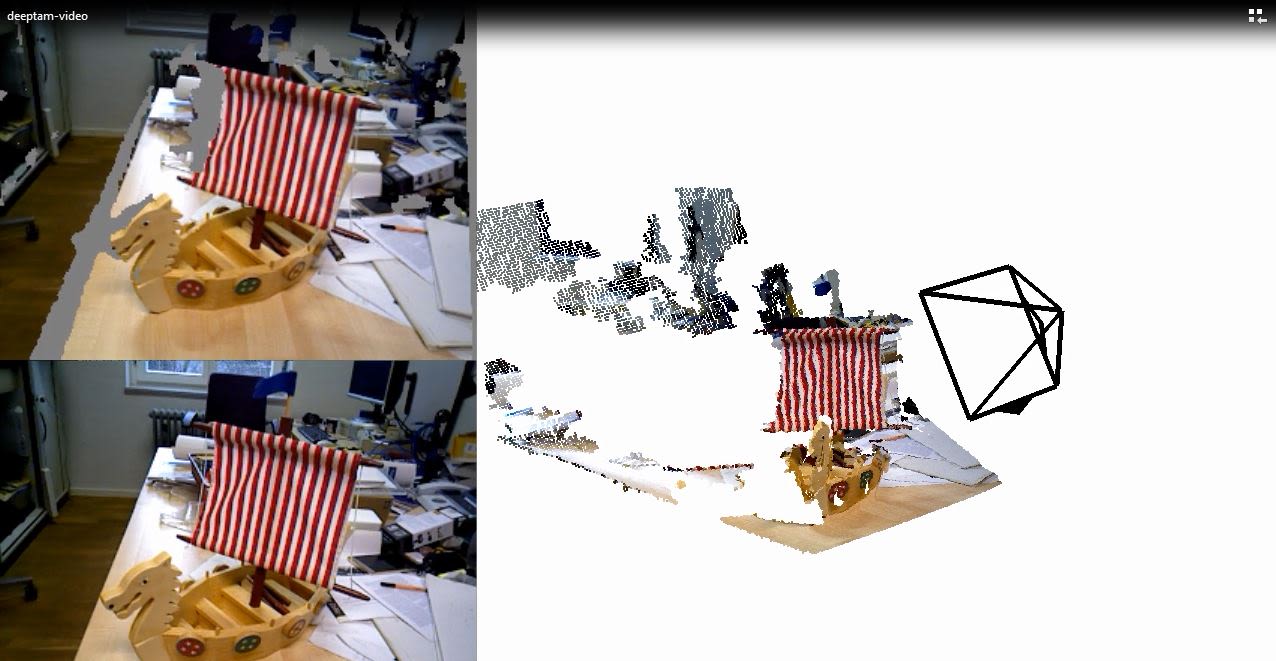
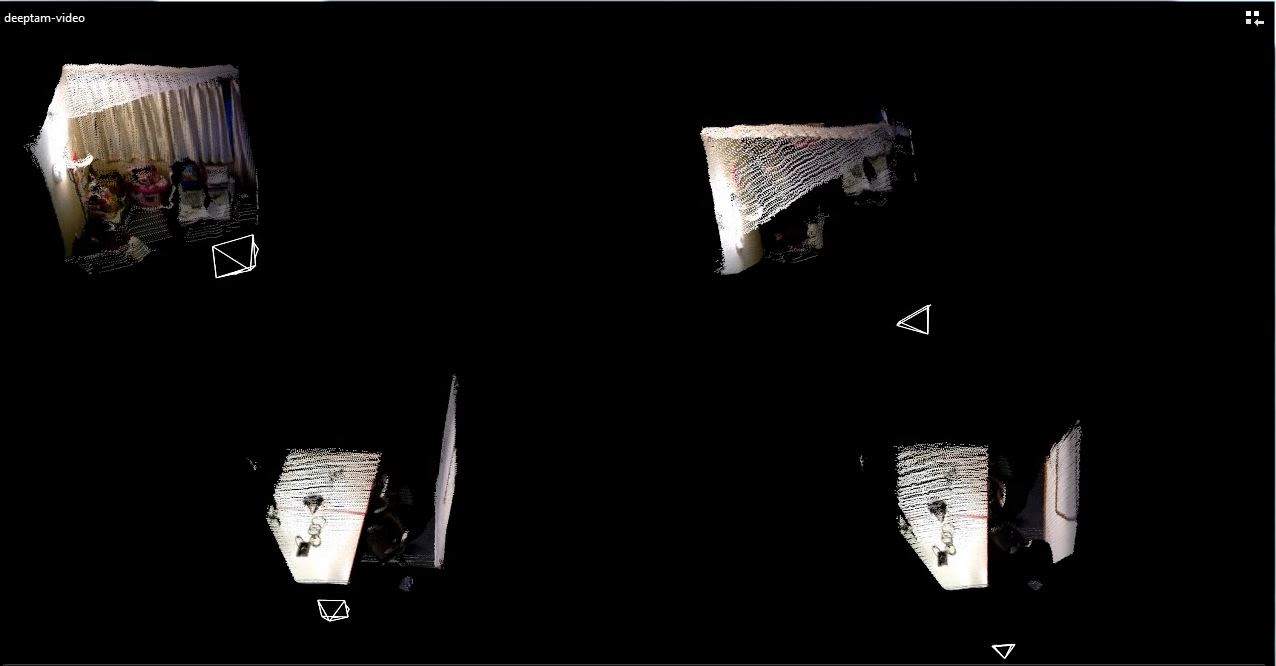
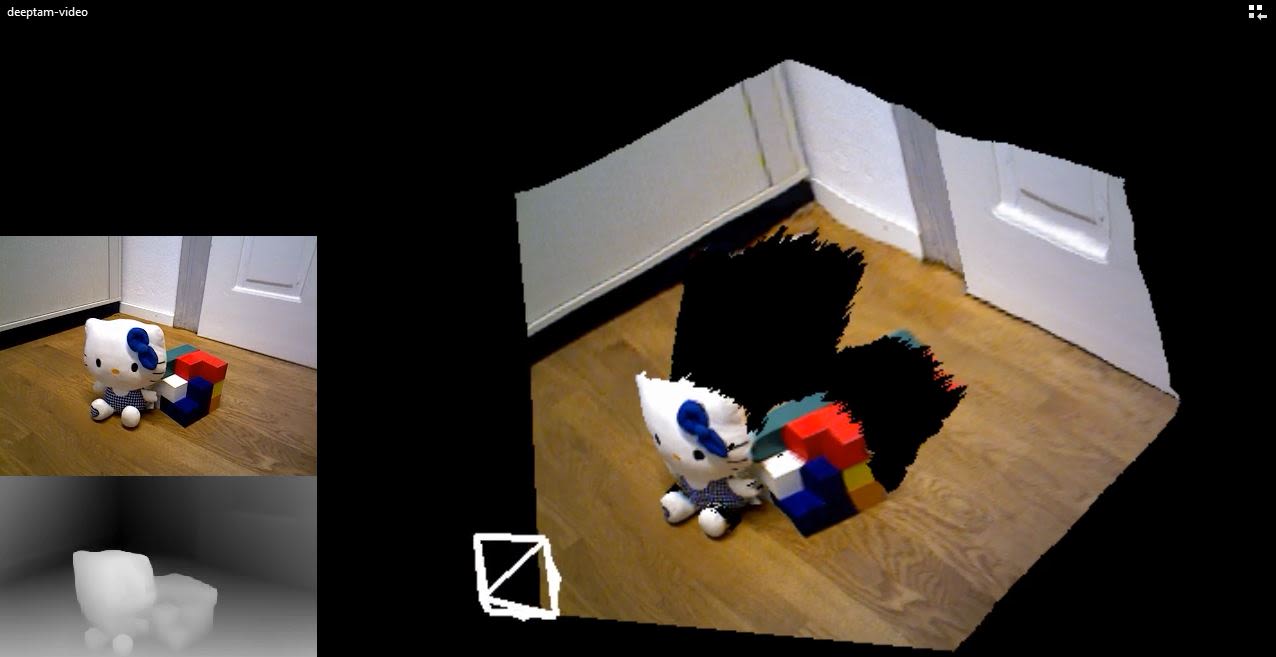
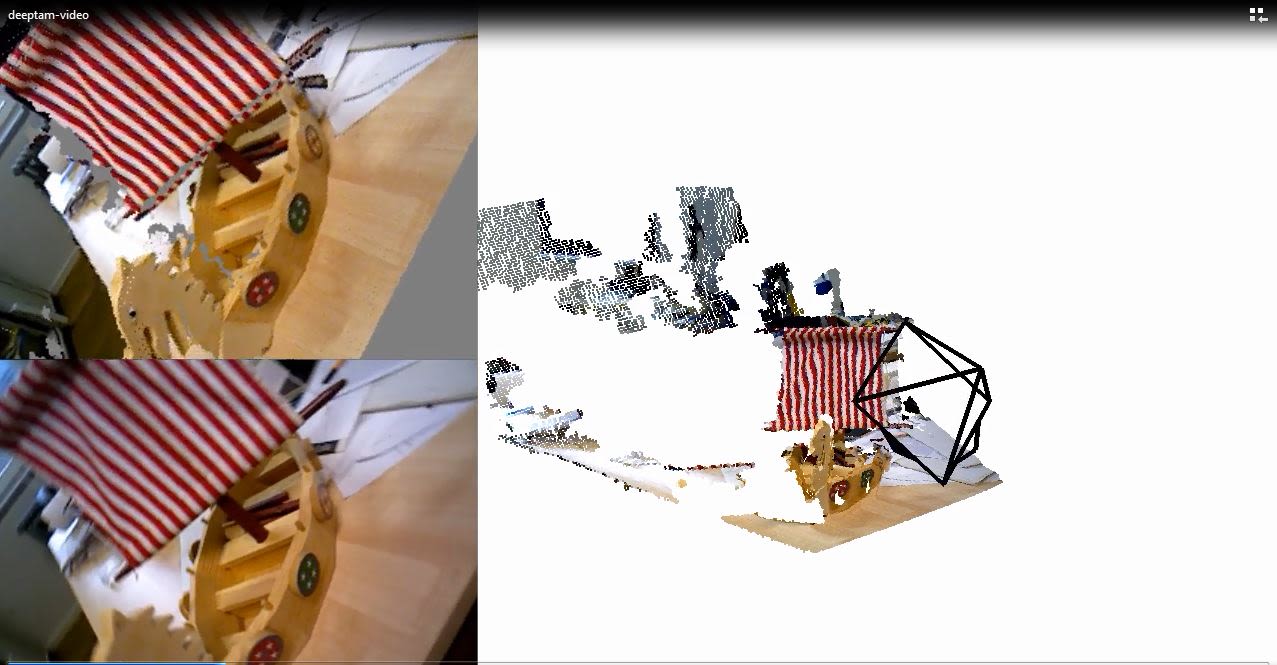

My work on the TrimBot2020 project has been on using deep learning architectures to produce sufficiently clean and robust data from monocular cameras for the robot to accurately track objects and itself with, and then to make precise 3D maps from. This is a hard problem. Humans build up depth maps because we have stereo vision. Writing an algorithm to do it from only a monocular, inexpensive camera vision system as an image source, is a contribution to the field of computer vision as a whole. The results can be applied to many different fields. At the Computer Vision and Geometry group here at Freiburg, we also collaborate with a car manufacturer who now wants to apply our dense tracking system to their framework.
I’d like to move into AR and VR. The Hololens and Oculus, for example, are technologies where you see tracking and localising and building of 3D maps from camera vision systems. Our work of doing that kind of work with deep learning architectures could be interesting. This whole area – of AR, VR and computer vision generally – it’s still developing. Nothing’s finished. Everyone is still contributing to it. I think there can be some chances.
I think maybe we each have a sense of the ‘Big Idea’ we want to explore in life. What that idea will be is ultimately a personal decision and choice for each of us.
Exploring our ideas – whatever they may be - is what matters.



